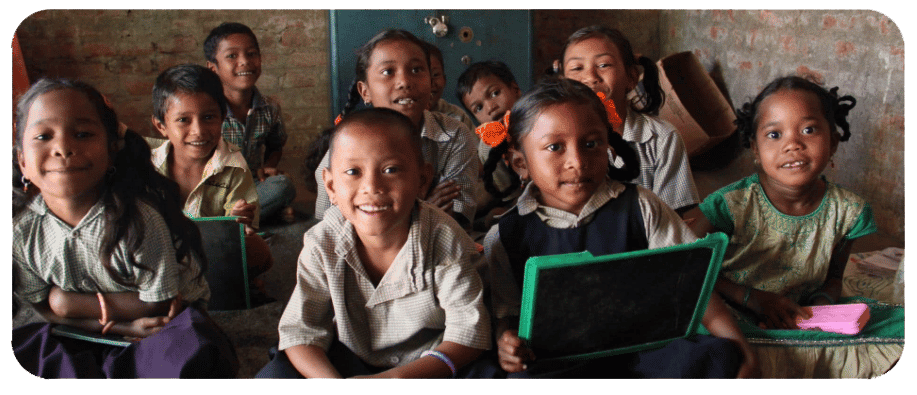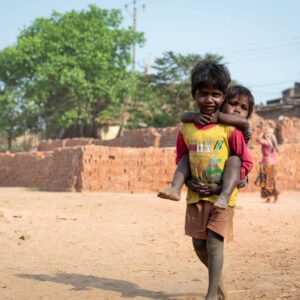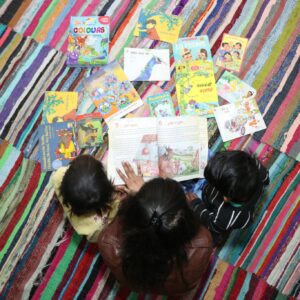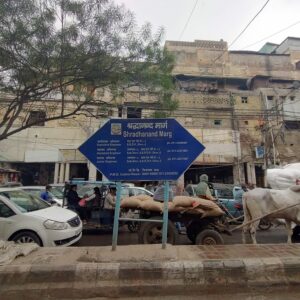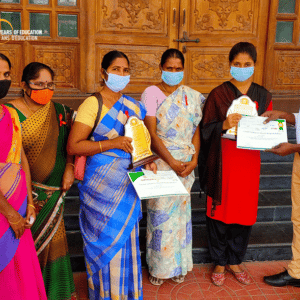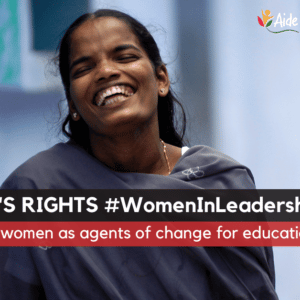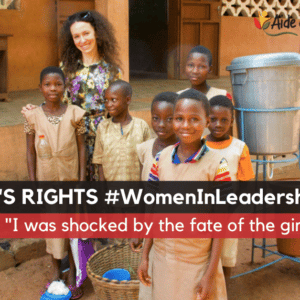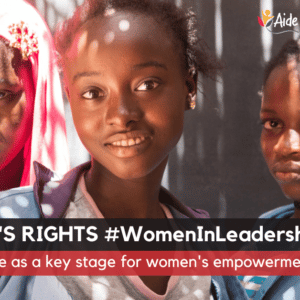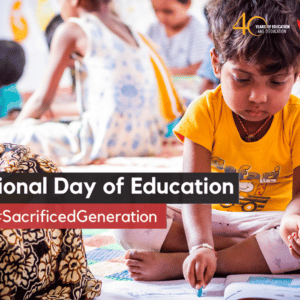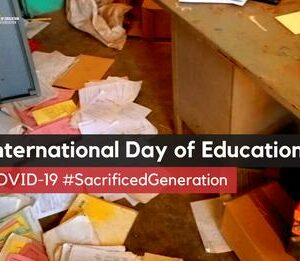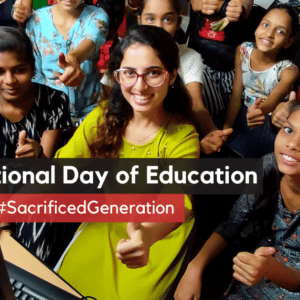In rural Vietnam, the remote province of Lao Cai is a nerve center of human trafficking. There, most young people have few options: to stay and live off a poor income from agriculture or to migrate within Vietnam or beyond to the neighboring border in China, seeking better economic opportunities. A situation with high risks.
Lao Cai is one of the most isolated, poorest and most ethnically diverse provinces in Vietnam. Between staying and living in poverty or choosing to migrate in search of better opportunities elsewhere, youth have few options. This situation creates risks related to human trafficking, a scourge particularly present in the region. Every year, since 2005, about 50 people are reported missing, kidnapped or attracted by the promise of a better future. Among them are teenage girls sold on the other side of the border as sex workers, factory workers, or more and more, forcibly married.
Children and young people are most at risk
To address these issues, Aide et Action has implemented a project to increase children’s and their communities’ knowledge of human trafficking, its risks and its prevention. Indeed, the majority of trafficked persons in the region is between 15 and 30 years old and are generally uneducated and have a limited understanding of the law.
Our project is improving the knowledge of ethnic minority students about life skills and the protection of children by introducing specific topics on gender equality, basic skills, personal safety, the rights of children and the prevention of child trafficking. Additionally, we are strengthening the capacity of parents and the community to support the prevention of child trafficking.
Developing a bilingual education
Our focus is on the communities of Lau Thi Ngai and Lung Cai in Bae Ha District, Lao Cai and we are targeting over 1,000 children in primary and secondary school. A thousand additional parents and teachers are also involved in the project. More than 95% of our beneficiaries belong to the Hmong ethnic minority and speak their own language. In school, the language of instruction is Vietnamese which makes it difficult for children to understand their basic lessons, and even more so to access information on the prevention of human trafficking.
Our interventions focus on the development of bilingual stories and the integration of the issue in classrooms and community meetings through the use of videos and bilingual storybooks. This process significantly engages key stakeholders, including local authorities, schools, children and communities.
Quality education and safe migration
Parents and guardians are also trained on the protection of children against trafficking, and we encourage the establishment of various school and community level discussion groups. These groups will act as relays to spread the message and mobilize the entire community in the fight against human trafficking. In addition, we promote vocational guidance, vocational training and income-generating opportunities for young people and adults in households where a child is identified as “at-risk”.
Through our work in Lao Cai, we are increasing access to quality education and promoting safe migration for ethnic minority children. We are achieving this through improved teaching methodologies and the integration of relevant mother-tongue pedagogies into the classroom with particular emphasis on preventing child trafficking.


